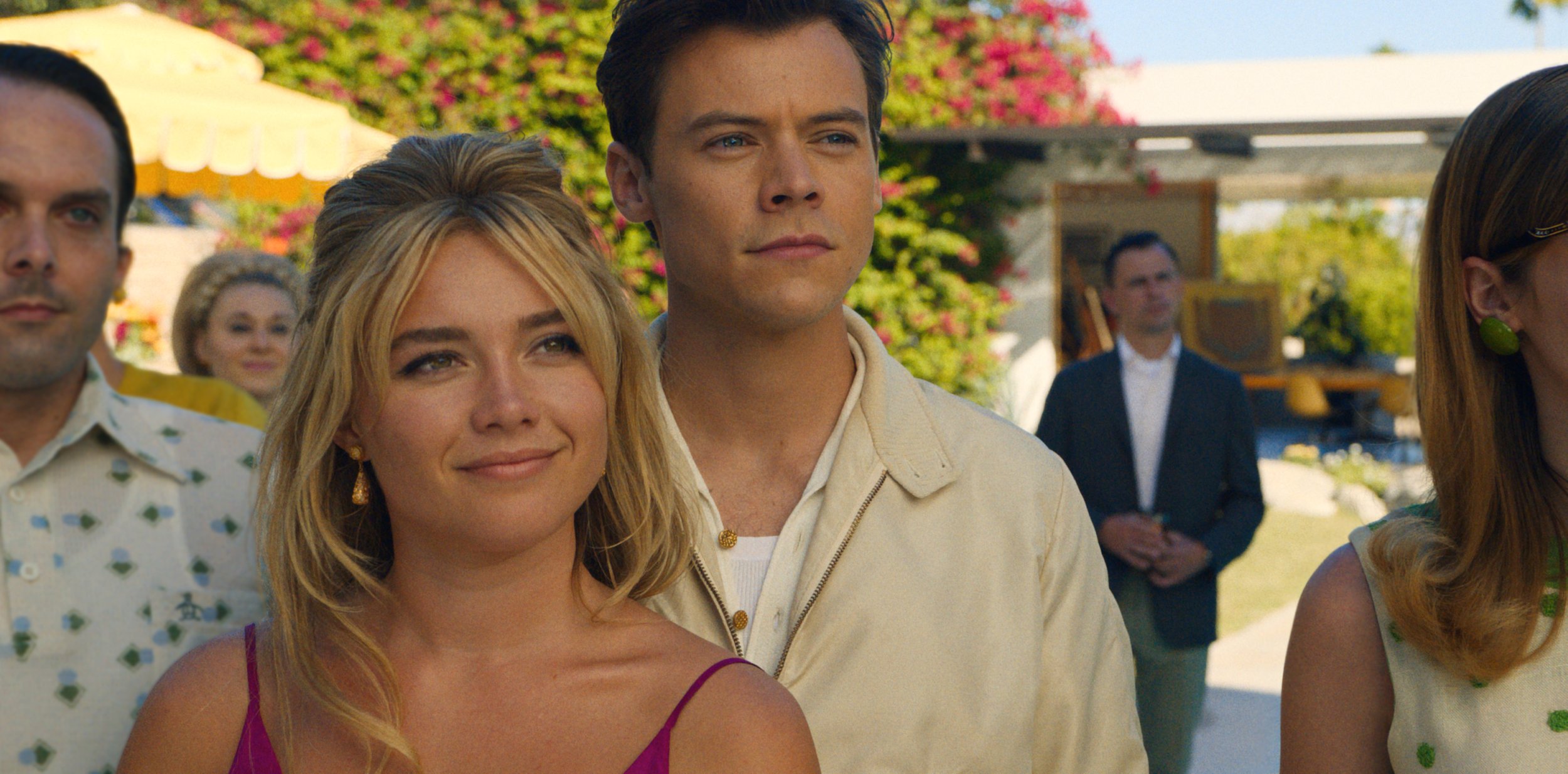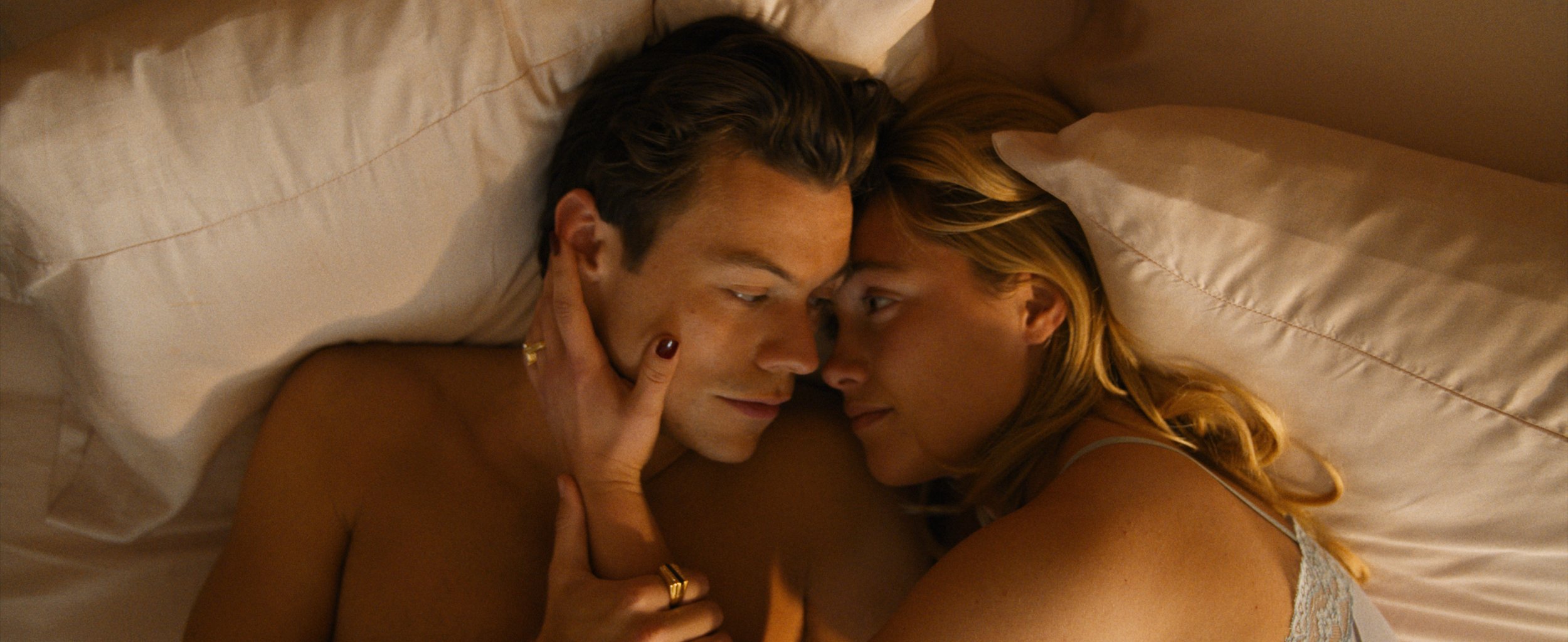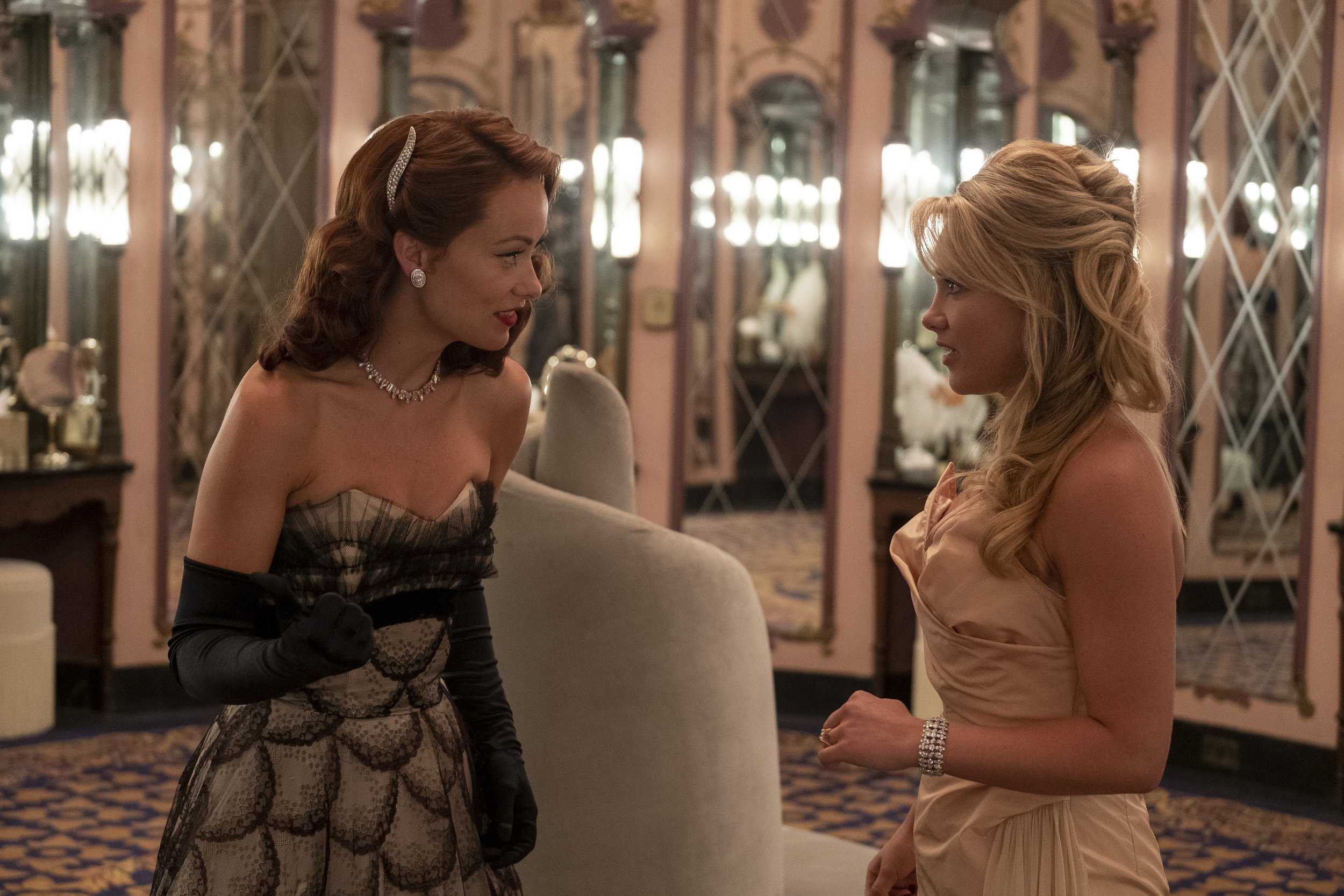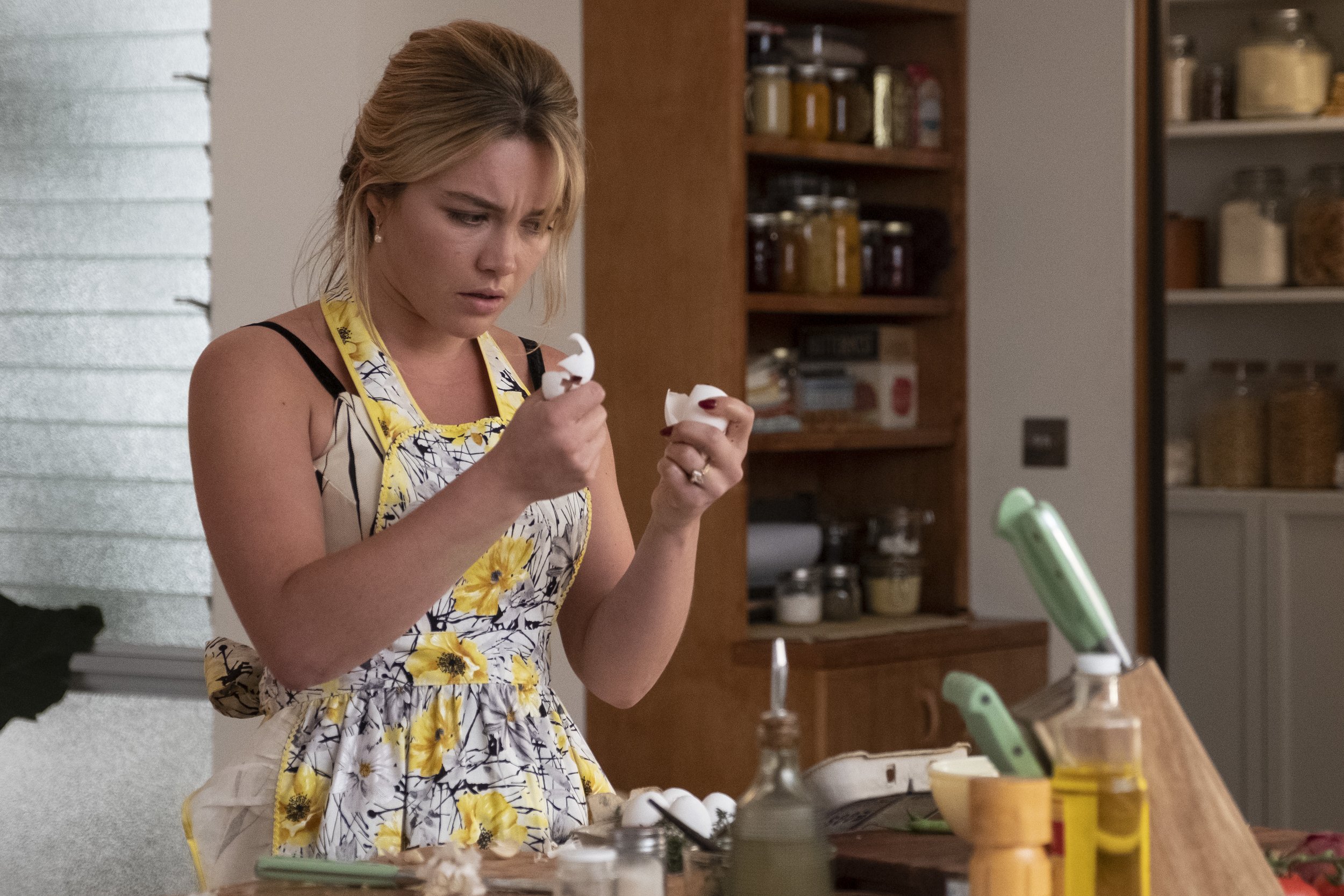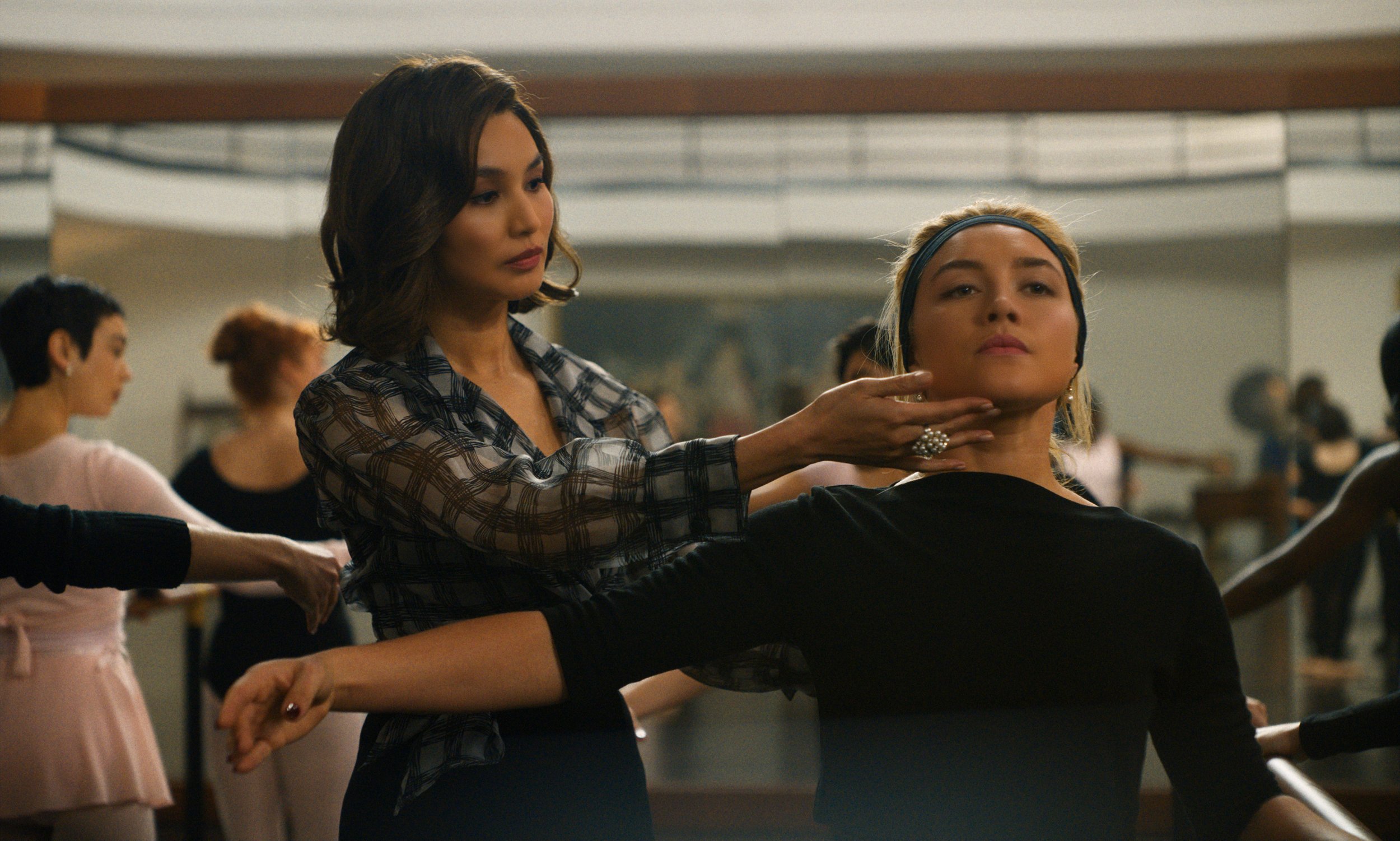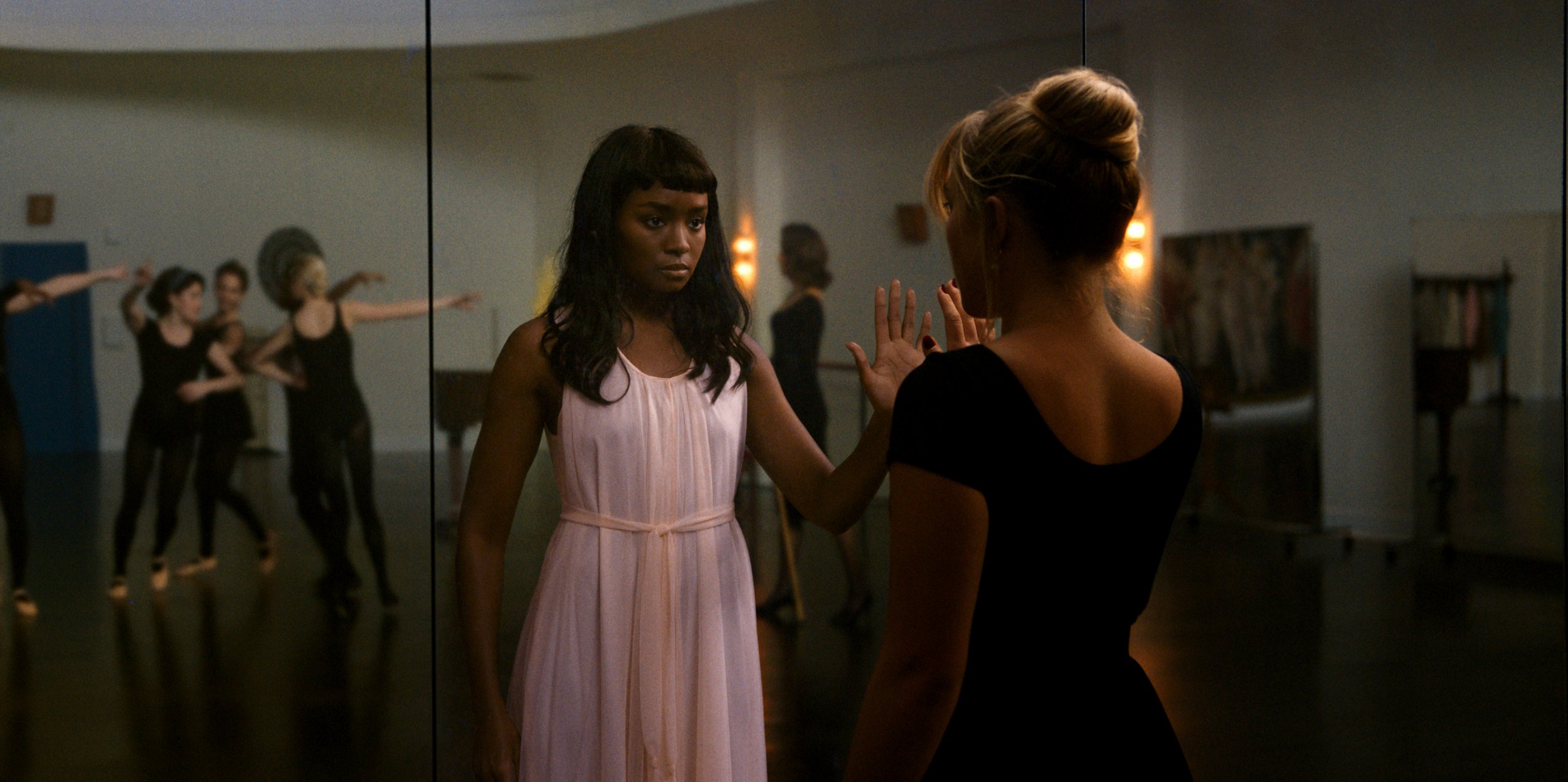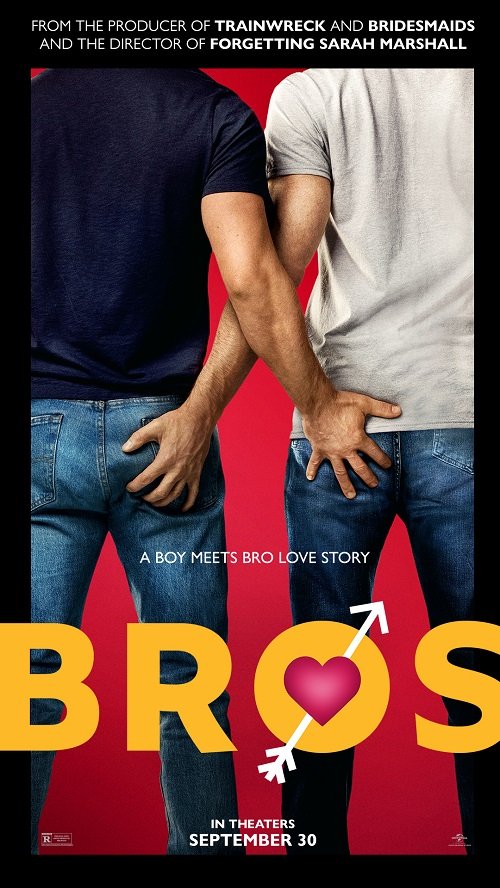'Don't Worry Darling' film review: Pugh shines in shallow, unfocused high-concept thriller
Olivia Wilde's psychological drama 'Don't Worry Darling' (in theaters Sept. 23) dips its toes into layers of tantalizing social commentary before devolving into a stock thriller.
In short: Devoted 1950s housewife Alice (Florence Pugh) lives a seemingly ideal life with her husband Jack (Harry Styles) in a utopian community - but she begins to suspect her community has darker secrets. Wilde, Gemma Chan, KiKi Layne, Nick Kroll and Chris Pine also star.
First and foremost: this review will not spoil any of the film's twists and turns. 'Don't Worry' innocuously starts off tracking the home life various young families enjoying their lives reminiscent of the "good old days" before the plot takes some surprising turns. Instead, this review will simply ask "Is Wilde's latest film effective?" - to which the answer is: ... sort of.
'Don't Worry' is firmly in the category of stories where a protagonist questions the fundamental underpinnings of their world or their reality. Alice and Jack are a young couple enjoying care-free wedded bliss in a seemingly perfect, glistening, sun-kissed community known as the Victory Project. Although propaganda-adjacent posters all over town tout the Victory Project as building "the world of tomorrow," everything about their world absolutely typifies the prototypical image of 1950s life. Although Alice's friends and neighbors are all too happy to enjoy all the perks of living in the Victory community, Alice begins to ask basic questions no one else asks: 'why are we here?'
By 2022 standards, extremely antiquated gender roles completely define 1950s-era life in the Victory Project: the men get served breakfast and head off to work, while the women spend their days shopping, cleaning and gossiping. At the end of the day, Alice is clad in her best house dress, happily greeting her husband home and serving him up a freshly prepared dinner. The Project's charismatic leader (played by Pine) lauds their community's progress and almost all the residents dutifully fall in line, willing to uphold their lifestyle without question.
With that framework in place, Katie Silberman's screenplay only manages to flirt with some intriguing social commentary on many levels - but fails to fully invest in anyone of these ideas. The script alludes to the imbalance of women reduced to housecleaning arm candy to their self-congratulatory men - but fails to make much of a statement about this dichotomy. The screenplay only makes a passing remark toward this society's rigid and stark gender split - without commenting (to any real depth) why the Victory Project's leaders chose this specific social order, leaving a void of commentary on "idealized society," gender norms or personal freedom.
Rather than delving too deeply into the story's inherent social themes, 'Don't Worry' instead wholly invests in Alice's journey from dutiful housewife to subversive individual. Pugh puts the film on her back with another incredible performance as the doting wife who begins to suspect the Victory Project's utopia is based on lies or something darker. Alice is essentially the only character of any depth - which is disappointing given how many characters are introduced - but at least Pugh heroically carries 'Don't Worry' and keeps the audience invested in Alice's plight. Chris Pine has never been better. He makes the most out of his minimal screentime - but Pine totally embodies the magnetic leader whose rhetoric borders on that of a cult leader. Despite the script's numerous twists, the film's single best scene simply pits Pugh against Pine, with the two seated at opposite ends of a dinner table.
'Don't Worry' is the latest addition to the subcategory of "Movies that should have been TV shows.” But what that really means is 'Don't Worry' would have been better served in a format that allowed for more character development and world building. Alice is basically the only character of any measure - even Jack is little more than one of the town's folk ... he gets a little more screentime than Alice's bestie/neighbor Bunny (Wilde).
While the first two acts follow Alice's suspicions about the Victory Project, the third act is a cacophony of wild plot twists -- and most of them are unearned. The film's script culminates in a big third act - but the screenplay doesn't seed these ideas and reveals. So when a character close to Alice drops a truth bomb ... it's underwhelming because the script made almost no effort to lay the groundwork for said reveal. It's also underwhelming because the movie spends so little time with the supporting characters - which inherently limits audience investment. 'Don't Worry' is fundamentally Alice trying to find the truth about the Victory Project - but this indirectly also asks why any resident would choose to live in their community - and why some residents would fight so hard to protect the status quo. The script goes through the effort of introducing various other families who live in the community - but doesn't follow through with these characters. Every character reveal in the third act is too little too late, rendering reveals that should be earth shattering instead feeling rushed and flat.
A psychological dramatic thriller like 'Don't Worry' isn't an obvious choice to see on an IMAX screen, however this film will be released on IMAX screens. This review is based on the IMAX experience - while watching Alice make toast isn't exactly IMAX-worthy, the film's stunning cinematography is quite impressive, but even more engrossing is the film's sound design. 'Don't Worry' boasts an absolutely immersive sound design tracking Alice's journey, and the hypnotizing soundtrack underscores the sinister undertones.
At one point a character proclaims the grandiosity of tapping into "Pure, unbridled potential." Sadly this is exactly what 'Don't Worry Darling' fail to accomplish. The script sets up so many intriguing plot threads left dangling. Virtually every character who isn't Alice is reduced to a thin character with almost no depth or complexity.
Despite so many missed opportunities, ‘Don’t Worry Darling’ clicks along nicely - even if it’s happy to settle for surface-level commentary. It works fine as a character-driven psychological thriller buoyed by some fine performances, even if its premise overshadows all else as the movie becomes a noisy high-concept flick that abandons any intention of societal insight. The script has a lot to say on a lot of topics - but leaves too much unsaid.
Final verdict: 'Don't Worry' unfortunately misses so many opportunities for strong social commentary on various topics - and sadly settles to be a movie more concerned with its plot twists and premise than making clear-voiced thematic statements.
Score: 3/5
'Don't Worry Darling' opens in theaters nationwide Sept. 23. This drama has a runtime of 122 minutes and is rated R for sexuality, violent content and language.
